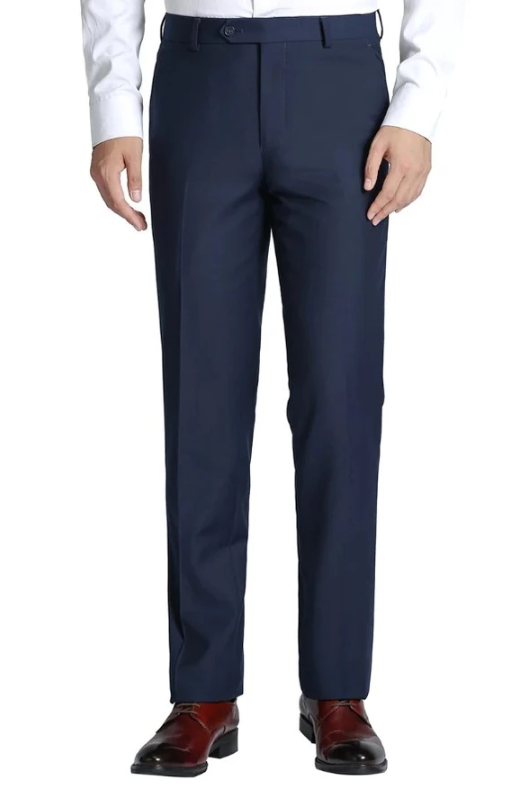Advice on How to Dress in Business Professional Attire
- Kevin Kenealy

- Nov 1, 2023
- 3 min read

Whether attending a networking event, going to a job interview, or starting a new job, it can sometimes be confusing when deciding what to wear. Business attire ranges from casual to formal. What's more, many organizations have varying cultures around their dress code. Business professionals are known as one of the more formal forms of workplace attire and are common in more traditional industries.
Here, we define business professional attire and provide several examples of business professional clothing options.
What is a business professional dress code?
Business professional is a formal dress code commonly found in traditional workplaces. Industries such as banking, accounting, law, government, and finance typically require business professional dress in the workplace. Business professional clothing might also be appropriate for job fairs or networking events where you know the attire to be more formal.
Unless you're aware of strict formal attire requirements when attending an interview, you should avoid erring toward the side of business casual. Typically, the most appropriate outfit for an interview is one step more formal than what the workforce at that company wears. For example, if the dress at a particular company is casual, your interview clothing should be smart casual or business casual.
How to dress business professional
No matter the look, solid, neutral colors such as black, gray, and navy are best. Keep accessories minimal, avoiding chunky jewelry or any jewelry that makes noise when moving oversized belts or a busy tie.
Business professional outfits typically coordinate. For example, you are matching your belt to your shoes. As for shoes, classy shoes such as Oxfords or a classic loafer.
Here are some ideas for professional business attire:
Business professional pantsuits: Pantsuits are an excellent choice for professional dress. Select a clean black or gray pantsuit. The garments should be comfortable but fitted.
Business professional suits: The perfect business professional suit is solid or pinstripe with plain or cuffed bottoms and notched lapels. If in doubt, choose a black or dark gray suit for year-round use and a medium gray or deep blue for the summer. Avoid light-colored suits.
Business professional shirts: opt for collared, button-down shirts. Select a neutral color like white or blue. While button-down shirts look professional, you must press them. Wrinkle-free fabrics are an excellent option for a business professional office. For cufflinks, the shirt should feature a French or barrel cuff.
Business professional accessories: Keep your tie simple. Solids are a great starting point, but classic, conservative patterns and stripes are appropriate. As for jewelry, select minimal jewelry, such as a traditional watch. Avoid using heavy cologne or body sprays.
Business professional shoes: Styles should be classic, such as loafers, Oxfords, flats, pumps, low heels, or monk straps. Black, burgundy, or brown complement most colors, especially the neutral tones of your professional dress.
How does a business professional differ from other dress codes?
Business professionals always look polished. More formal than most other forms of business attire, it's not quite as proper as business formal dress.
Business professional vs. business casual
Unlike business casual, where you can typically wear more expressive styles, business professionals adhere to neutral tones, clean grooming, and attention to detail. You may be able to wear many items of clothing in both settings, such as button-downs, slacks, Oxfords, and loafers.
If you need clarification on an organization's dress code when scheduling a job interview, erring on the professional side of the spectrum is best. Once you start a job, you can get a feel for the office setting during your first week on the job and dress up or down as needed.
Business professional vs. business formal
Although business professionals are tidy and formal, it's still a step below business formal. Business formal is like a "black tie," and this dress code is rare in the daily office. Still, some business professional companies might require business formal events such as galas or fundraisers.
As with any dress code, pay close attention to your company's policies on attire in the workplace. It's a good idea to mimic the formality of those who are in a position you'd like to have one day while keeping your own personal style. While you should certainly abide by your company's dress code, it's also important to feel confident and comfortable.





Comments